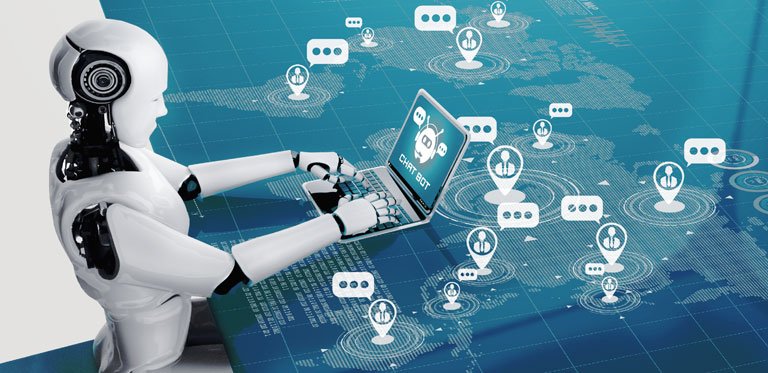Introductions
It’s possible that your job application will be rejected before it is reviewed by a human.
Businesses in a variety of industries are utilizing generative AI and other artificial intelligence tools for candidate sourcing, resume screening, skills evaluation, predictive analytics, and bias reduction during the hiring process. In certain companies, managers conduct interviews with the assistance of GenAI bots, whereas human involvement begins only during the interview stage.
While there are a number of worries, including those about data privacy, the possibility of discrimination, and the inability to see potential in applicants, HR directors claim AI is speeding up and streamlining the hiring process for them.
IMatch, an internal resume parsing and job-matching engine powered by GenAI, was recently introduced by professional services company Genpact.
According to Ritu Bhatia, global hiring leader at Genpact, AI tools have eliminated human intervention in the hiring process up until the interview stage, accounting for 40% of new recruits. According to Bhatia, the use of AI has increased recruiter productivity by 15% and shortened the hiring process from 62 days to 43 days.
Improved Productivity for Cos
With the use of AI tools, businesses can analyze past data, current market trends, and internal talent metrics to acquire insights into the availability and demand for talent. They can then use these insights to design recruitment strategies that will meet their present and future talent needs.
For more than a year, Simplilearn has been using ChatGPT and other AI technologies to create competence evaluations, administer psychometric tests, and optimize job descriptions. “This helps us cut down on time spent on repetitive work and boost efficiency and productivity,” stated Archana Krishna, chief HR officer of the edtech company.
GenAI-based technologies, such as the ability to tailor a recruitment mass mailer based on each candidate’s distinct experiences and history, are said to assist personalize the process, according to Rajesh Bharatiya, CEO of recruitment services provider Peoplefy. “Manually customizing something like this could take ten times longer,” he stated.
Welspun Enterprises, an infrastructure construction company, uses a GenAI bot to help its executives during interviews. “Hiring efficiency has significantly increased for us. We had a 15% selection ratio prior to employing the GenAI bot for interviews. My selection rate climbed by 40% over night, and now it is at 55%, chief HR officer Rajesh Jain remarked, calling this a “huge development.”
But experts think there are some risks involved with using AI in hiring practices at this point in its development.
These include data privacy ethics, algorithmic transparency and discrimination risks, prejudice amplification, lack of evaluation of soft skills, and failure to identify potential.
FAQ’S
How are companies using AI in the recruitment process?
Companies are utilizing AI for candidate sourcing, resume screening, skills evaluation, predictive analytics, and bias reduction. AI tools assist in streamlining the hiring process by automating various stages up to the interview stage, where human involvement begins .
What are some examples of AI tools used in hiring?
Examples include Genpact's IMatch, an internal resume parsing and job-matching engine, and ChatGPT used by Simplilearn for competence evaluations and job description optimization.
What benefits do AI tools bring to the recruitment process?
AI tools increase recruiter productivity, reduce the time needed for hiring, and provide insights into talent availability and demand. They help personalize recruitment processes and improve overall efficiency .
What are the risks associated with using AI in hiring?
Risks include data privacy concerns, potential for discrimination, lack of algorithmic transparency, prejudice amplification, and the inability to assess soft skills and identify potential in candidates .
How has AI impacted specific companies mentioned in the content?
Genpact saw a 15% increase in recruiter productivity and reduced their hiring process duration from 62 days to 43 days. Simplilearn improved efficiency by using AI for competence evaluations and job descriptions. Welspun Enterprises increased their selection rate from 15% to 55% with the help of a GenAI bot during interviews .
What are some tasks AI performs in the recruitment process?
AI performs tasks such as candidate sourcing, resume screening, skills assessment, administering psychometric tests, and optimizing job descriptions. It also helps in tailoring recruitment communications based on candidate experiences and histories.

